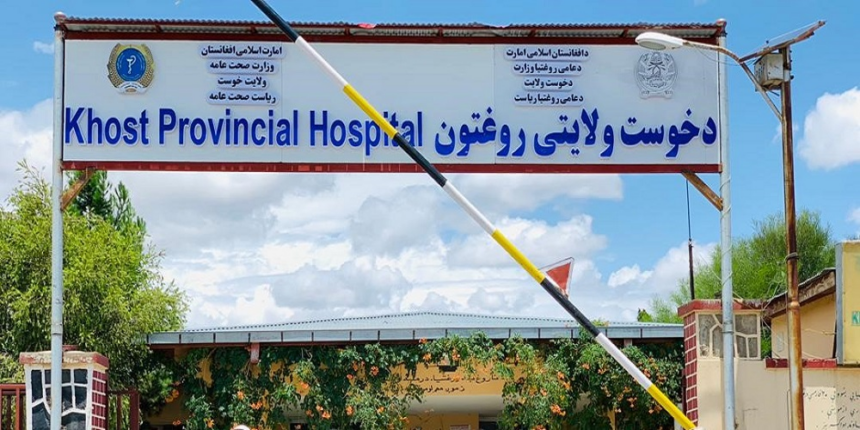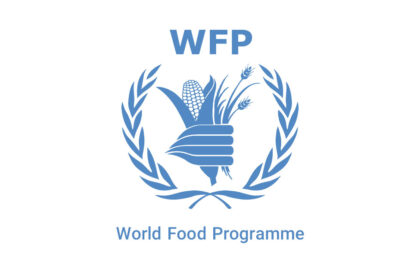RASC News Agency: Afghanistan’s Khost province has been gripped by an alarming wave of suicides, with at least 43 reported cases in just the past two weeks. The figure, corroborated by hospital officials and community sources, paints a harrowing picture of a society collapsing under unbearable pressures. For many, death has tragically become the only perceived escape from a life stripped of hope and dignity. Medical staff at Khost’s central hospital confirmed that some individuals were saved after desperate medical intervention, yet many others could not be revived. Each of these lives lost represents not only personal despair but also the broader unraveling of Afghanistani society under Taliban rule.
While the immediate triggers of these suicides differ, experts identify the same destructive pattern: grinding poverty, soaring unemployment, and relentless psychological strain. Yet overshadowing all of these lies the suffocating repression imposed by the Taliban a regime that has extinguished freedoms, denied opportunities, and crushed even the smallest avenues of hope. Families mourning their dead are further brutalized by the regime’s censorship, as Taliban authorities ban media coverage of suicides and often prevent public funerals. This deliberate silencing ensures victims vanish in anonymity, while communities are denied the collective mourning and open dialogue necessary to heal. Mental health practitioners and social analysts insist that repression does not resolve crisis it accelerates it. “The Taliban’s policy of silencing grief and ignoring mental suffering is turning a social emergency into a humanitarian catastrophe,” said a Kabul-based psychologist. The regime’s refusal to acknowledge psychological trauma, combined with its obsession with control, has made despair a defining feature of life in Afghanistan.
Women, girls, and youth are bearing the brunt of this tragedy. Deprived of education, excluded from work, and suffocated by systemic gender apartheid, they are left in a void of hopelessness. The majority of the suicide cases in Khost were among young women and adolescents proof that the Taliban’s draconian restrictions have transformed the nation’s most vulnerable into the crisis’s primary casualties. This disturbing trend does not stand alone. Across Afghanistan, suicide has risen in parallel with surging drug addiction and a spike in child abductions signals of a society fraying at every seam. Analysts warn that the Taliban, far from being a solution, are the central cause: their economic incompetence, ideological rigidity, and authoritarian control have engineered conditions where despair flourishes.
The warnings are not limited to domestic sources. Just yesterday, the Afghanistan Women’s Association in France released findings from its field mission inside the country, concluding that women and girls are enduring “profound psychological injuries, acute trauma, and paralyzing stress.” Its director reported that the only dream left for many Afghanistani women is to flee the country altogether. Global health authorities echo these concerns. The World Health Organization and international medical NGOs have described Afghanistan’s mental health landscape since the Taliban’s 2021 takeover as catastrophic. They warn that unless suffocating restrictions are lifted, and unless poverty and unemployment are directly addressed, the mental health crisis will deepen to devastating proportions.
The 43 suicides in Khost are not isolated tragedies they are a mirror of a nation drowning in despair, stripped of hope, and held hostage by an oppressive regime. Under Taliban rule, the Afghanistani people face not only poverty and repression but also the psychological annihilation of their will to live. The rise in suicides is not merely a health emergency; it is a stark indictment of Taliban governance, which has left death looking like the only form of freedom.






